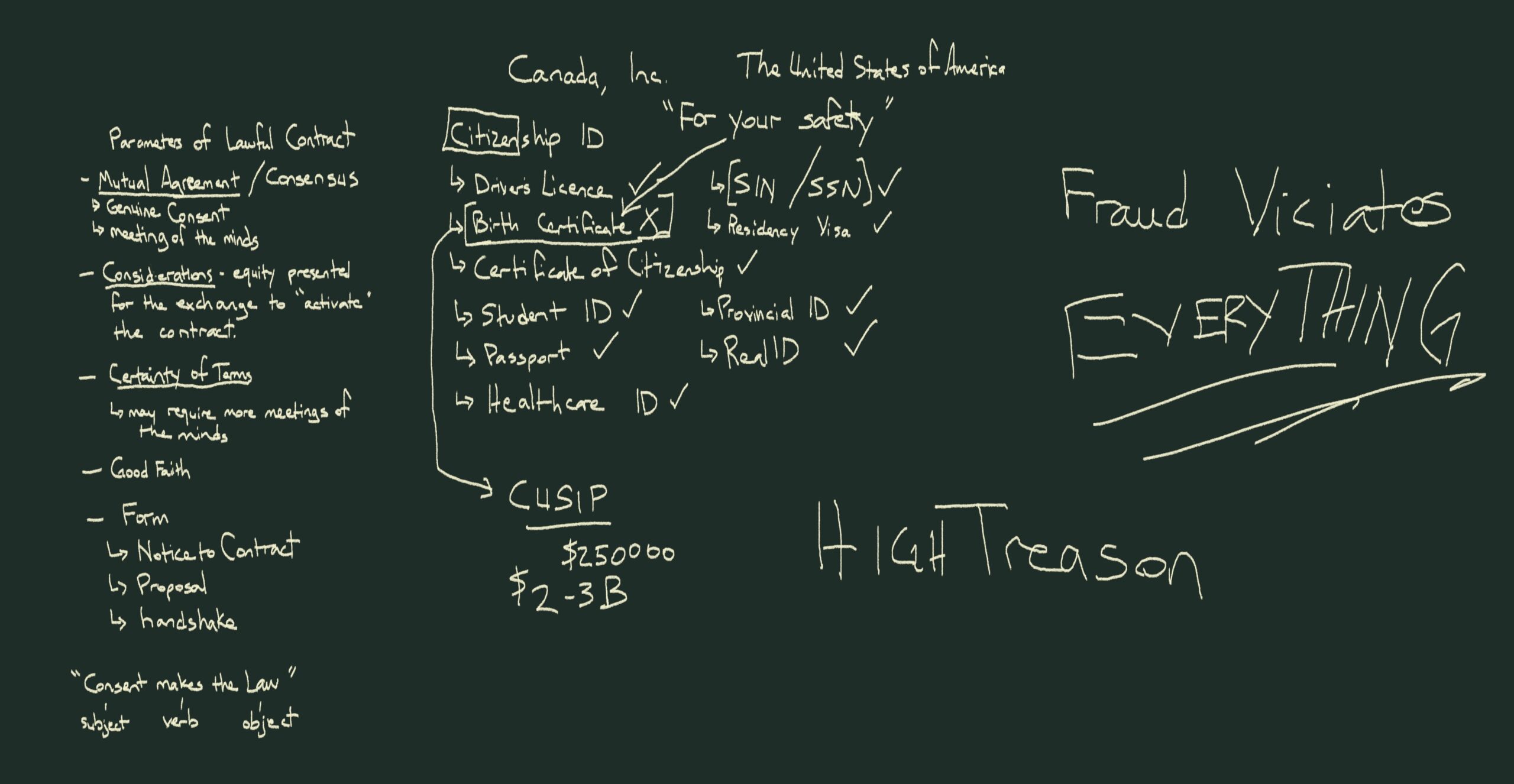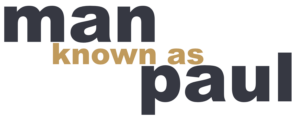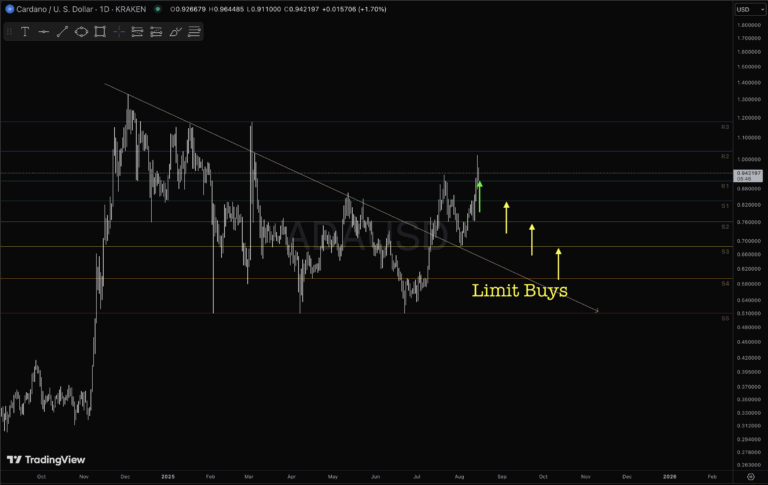If you’ve been tracking our shift—language → parameters → tokenization → bridges—this replay shows the moment it all locks in.
You don’t need permission to reserve your consent to pay taxes. Contract is the highest form of law because
consensus facit legem
— consent makes the law.
When consent manifests in good faith, your agreement becomes law.
That’s how we create money privately:
by exchanging equity, not pleading for policy.
This builds on the last month’s breakthroughs:
- Precision of language (maxims as operating system)
- Private vs public venues (jurisdiction determines remedy)
- Life‑force equity (time/space as your only two properties)
- Tokenizing assets with self‑assigned parameters (you pick the ledger)
- Bridging out of fiat into private trusts (permissionless access)
In the replay you’ll see:
- The 6 parameters that make a contract enforceable: mutual agreement, genuine consent, meeting of minds, consideration, certainty, good faith—plus the moment of form (notice to contract/proposal/handshake/signature/ritual)
- Identity audit: which IDs you consented to—vs the one you didn’t (birth record trust)
- Tokenization in practice (perogies↔tea, ferments, chicken skins): how parameters define value and make exchange equal
- Writing parameters for ledgers and trusts so you—not a statutory body—govern the data
- The bridge flow that moves currency out of CRA jurisdiction without creating a taxable event (modus et conventio vincunt legem)
Below is the image of our virtual chalkboard:


